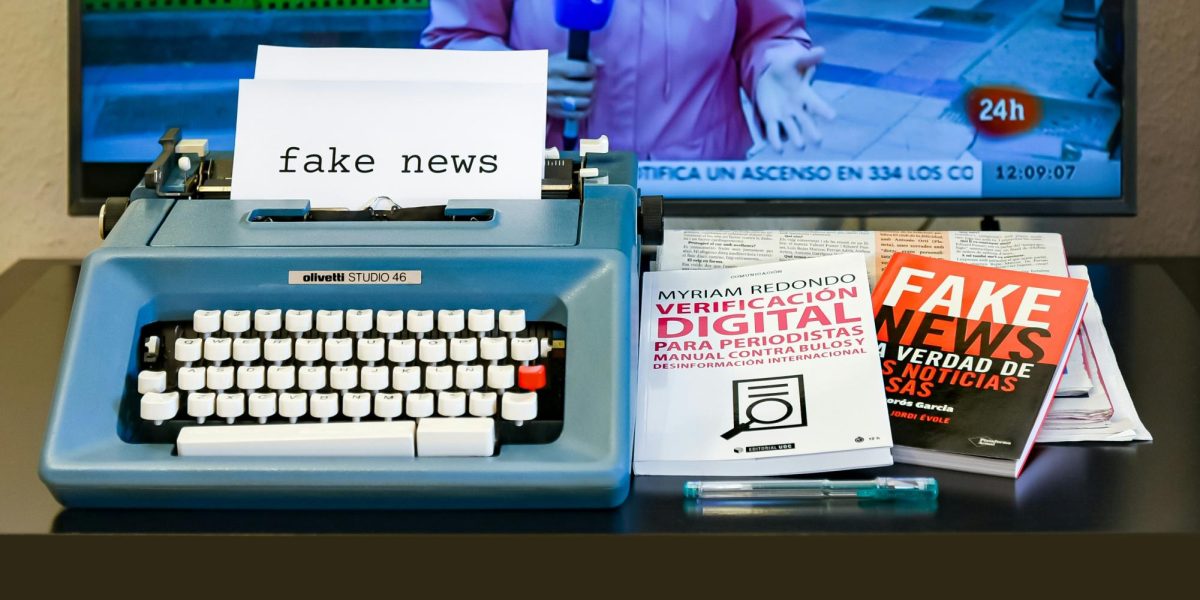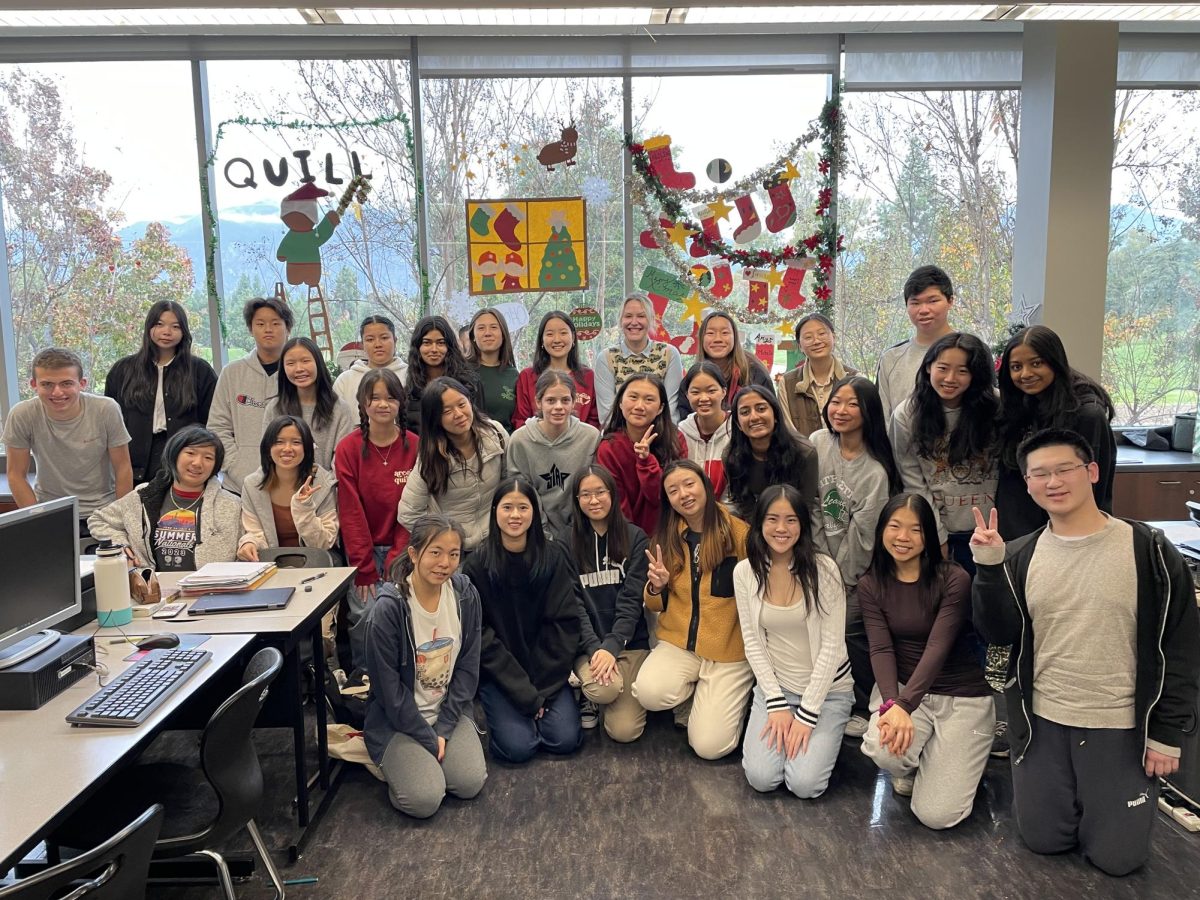Associated Press, a trusted source of unbiased news, launched its Not Real News: A look at what didn’t happen this week in May 2017, aiming to discredit any misinformation shared with the public. Joe Biden was never impeached; The Biden administration did not pay people who enter the U.S illegally $2,200 per month.
With increasing reliance on digital media since the pandemic, the prevalence of misinformation is also increasing at an insurmountable rate: fallacies, falsified data, and the fabrications of many pieces of news. In fact, Statista reported that 38.2% Americans have accidentally shared fake news. The spread of false information online is six times faster than correct content, and 70% of the users could not distinguish real from fake news. In a recent study by the Pew Research Center, more than the majority of young Americans got their news from TikTok.
Irrespective of age group, many have overwhelmingly turned their attention to social media, often overlooking the role of formal news outlets . As social media becomes a prominent news source, responsible journalism, whether from mainstream media, local newspapers, or student initiatives, becomes even more important in countering the spread of baseless fears and false narratives.The acceptance of information on social media is unquestionably detrimental, consisting of concerns such as unfounded anxieties about unknown diseases in our daily lives and the propagation of the notion of a “fake election,” which contributed to the January 6th in 2021.
Because of these risks of accepting information on social media, it is crucial to back trustworthy journalism, be it from mainstream media outlets, local newspapers, or school papers.
Historically, societal progress was promoted by journalism. In the U.S., for instance, The Liberator championed abolition, and The Revolution fueled women’s suffrage movement. In addition to historical significance, Pulitzer Prize-winning works have had a profound impact on people’s lives by uncovering hidden truths, and student journalism encompassing young people’s perspectives remains an essential force in bringing attention to urgent matters.
As we talk about how important reliable news is in fighting false information, it’s crucial to understand that the skills developed through student journalism play a key role in dealing with the modern challenges caused by fake news and misinformation online.
Student journalism extends beyond academics, arming students with practical skills crucial for countering misinformation in the modern day. Through investigative research, critical thinking, and media literacy, it plays a pivotal role in upholding truth across platforms, fostering teamwork, effective communication, and ethical responsibility. Recognizing these skills as the foundation for a discerning generation becomes crucial in the face of challenges journalism encounters today. Investing in their development is not merely an academic pursuit but a societal necessity, preparing us to navigate the complexities of information in the current media landscape.
As our diverse voices merge in this reflection on our collective experiences in student journalism, this incident highlights the critical importance of trusting authors and the need for primary sources for news authenticity. It also underscores the broader significance of supporting and recognizing the value of student journalism as a cornerstone for cultivating a well-informed and critically engaged community, especially in a world where local journalism is more crucial than ever.
Graphic courtesy of UNSPLASH.COM






